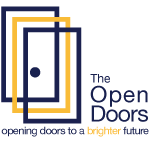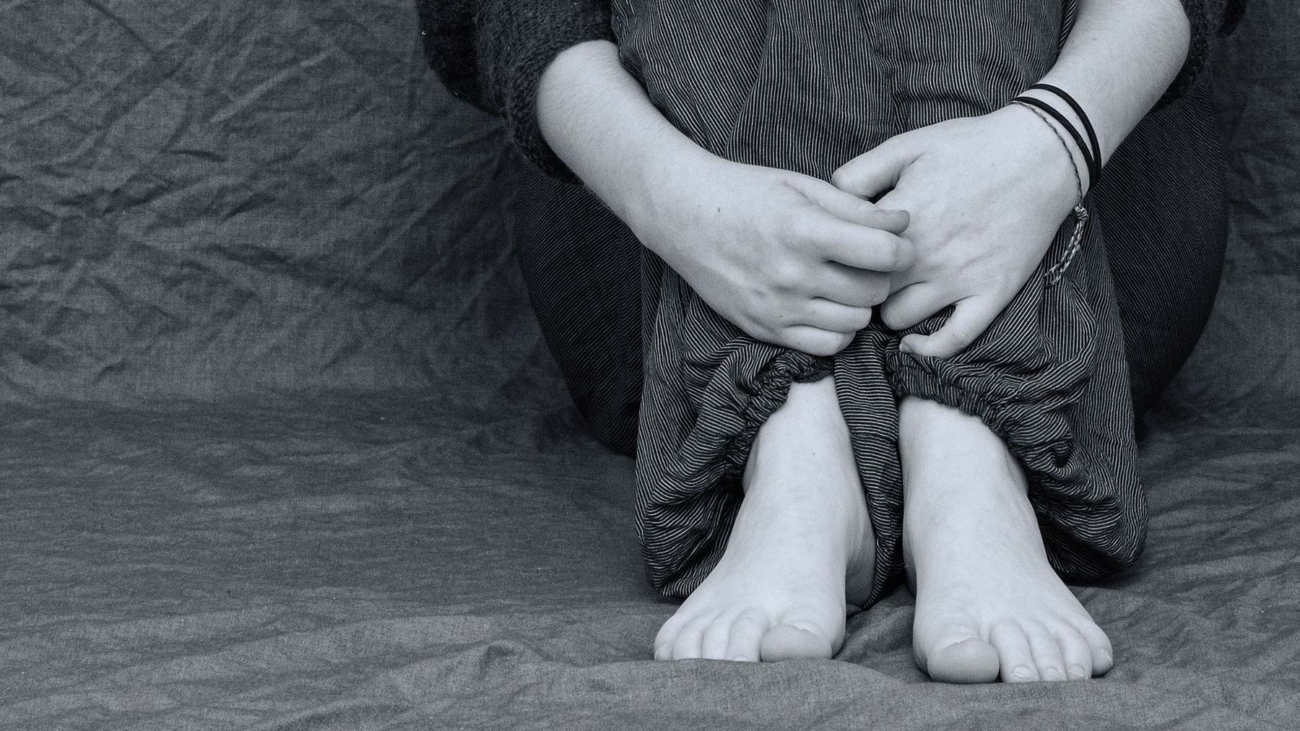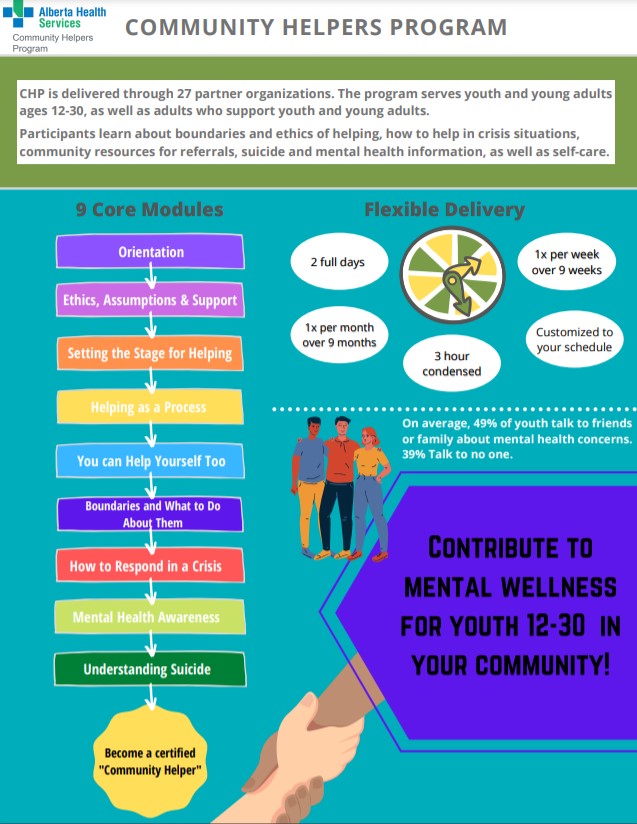In response to the Canada wide public health issue regarding suicide and mental health, The Open Doors has created a program with the goal to bring suicide awareness and prevention. Our goal is to abolish the stigma that surrounds suicide and mental health, and open a safe conversation with youth ages 8 – 24.
Are you a parent and worried that your child’s mental health is getting out of control? Taking this questionnaire may solidify your view of getting your child the mental health support they need or give you hope that your child may not be at risk at this time.
Click here to take assessment.
Are you concerned for your mental health? Taking this questionnaire may help you identify certain risk factors that could be hindering your wellbeing.
Click here to take assessment.








